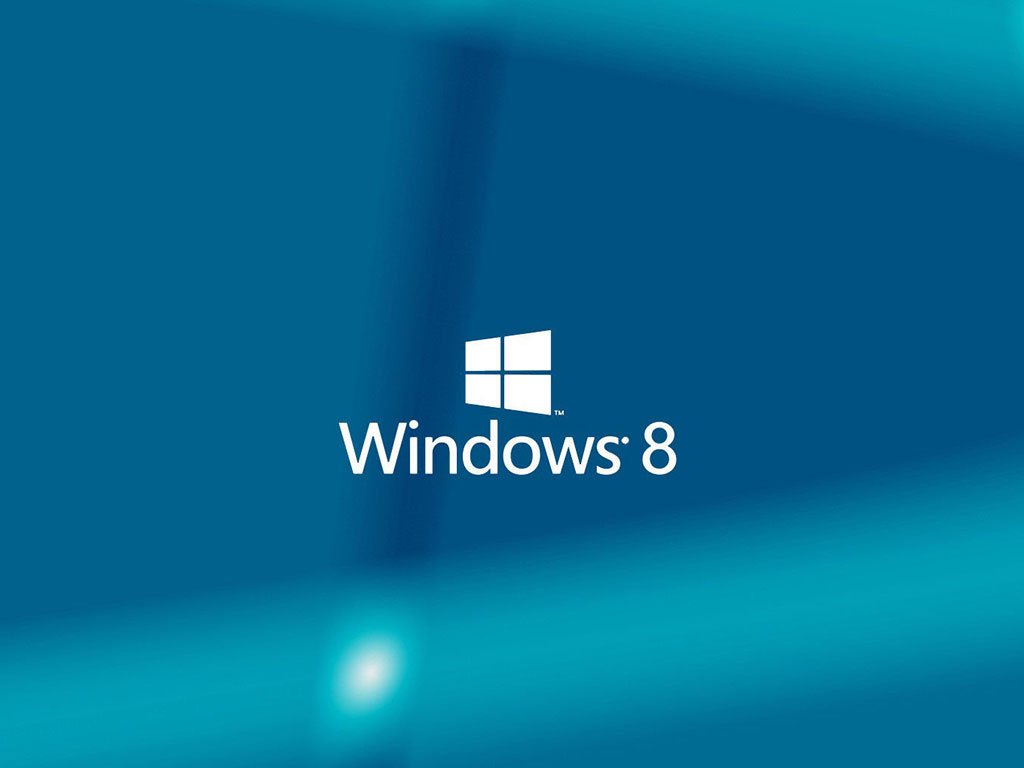I sang love serenades to Microsoft in the December issue, but a few weeks ago we sold our shares of Microsoft. Because we believe the stock is undervalued, that decision was not easy. What changed? A very important part of my thesis was the success of Windows 8, an operating system that Microsoft made for both PCs and tablets. When I saw Windows 8 demonstrated in early 2011, it looked like a very innovative, un-Microsoft-like product. Windows 8 was very important for Microsoft’s response to Apple’s iPad — a tablet that was deservingly stealing market share from low-end laptops. Windows 8 was supposed to take Microsoft to the next level, leapfrogging Apple and Google.
A few months ago Microsoft released the public Windows 8 beta, and I tested it out. To my shock, I found it to be a very confusing product. The interface was slick and visually very appealing, but I simply could not figure out how to use it. All the experience I had accumulated using Windows over the past two decades was useless with Windows 8, and the fact that Microsoft took out the Start button did not help, either. I found myself staring at the screen helplessly, clicking the mouse on different corners, trying to discover how to do basic tasks that we normally take for granted, like starting a program or running two programs side by side. Even figuring out how to shut down the computer was an ordeal.
After a while our frustration built up to the point where I wanted to curse and scream obscenities at Microsoft and its CEO. I decided, however, to wait. Windows 8 had just been released for consumer preview; it was in beta, not a final product. I thought Microsoft could not possibly release a product that was so important to its future but so obviously confusing. To be honest, I simply could not process the situation; I thought maybe it was me; maybe I’m lacking the Windows 8 gene in our DNA. However, in May I read several professional reviews that confirmed our worst fears: the Windows 8 I had used was the product Microsoft would ship (less a few bugs). And I was not the only one with that deficient Windows 8 gene. As John Dvorak of MarketWatch put it, “The real problem is that it is both unusable and annoying. It makes your teeth itch as you keep asking, “Why are they doing this!?”
I know why. Microsoft wanted the same version of Windows to work on both a PC that is controlled with a mouse and a tablet controlled by touch. Microsoft had learned from past mistakes and had stopped trying blindly to port Windows made for PCs to tablets and mobile phones. Instead, it took the Metro interface it created for mobile phones and ported it to tablets and PCs. Though this strategy should work for tablets — after all, tablets are just supersized mobile phones — it fails miserably when you port it to PCs. But that is what Microsoft did. The touch gestures that work well and are intuitive on tablets and mobile phones fall flat when you try them on a PC with a mouse — swiping, a very natural touch gesture, is simply cumbersome with a mouse.
Microsoft’s ambition was to make tablets running Windows 8 as powerful as your average Windows PC. Tablets, to date, have been great at receiving information (reading, watching movies) but weak at creating content. When I travel I still have to bring along a laptop and a tablet. Microsoft wanted to make a tablet that was good at both receiving and creating content. This could have given Microsoft a significant leg up on the iPad, which is terrific for consuming information but still limited when it comes to productivity. I don’t have a view on how good Windows 8 is for tablets, but I think that Windows 8 for PCs turns PCs into productivity-reducing tools; and I think this unfortunate OS is going to be bad for MSFT.









0 comments